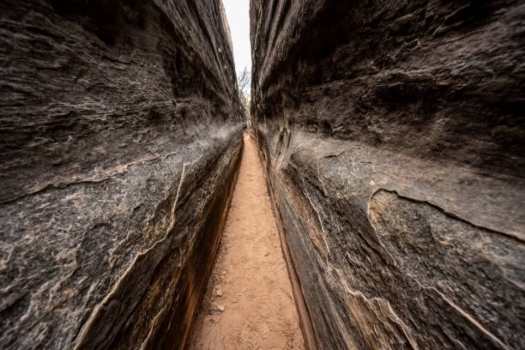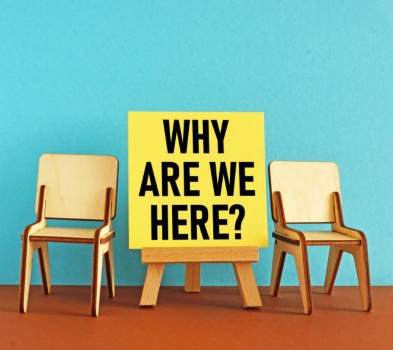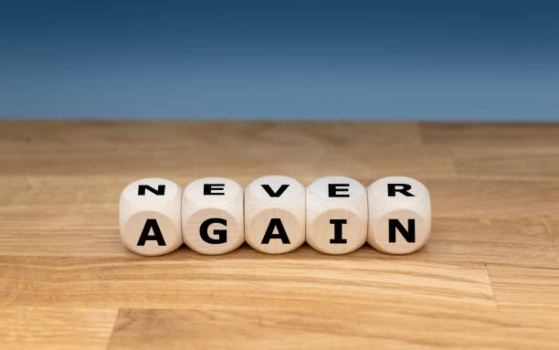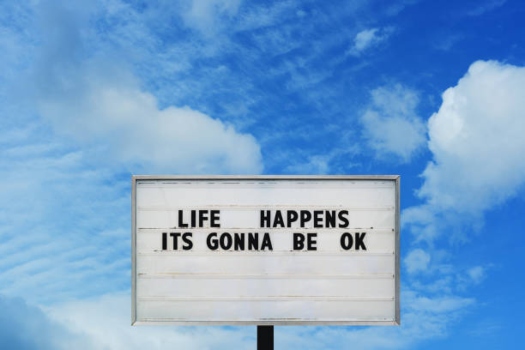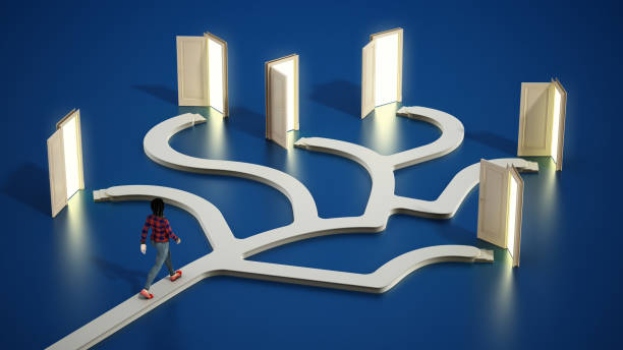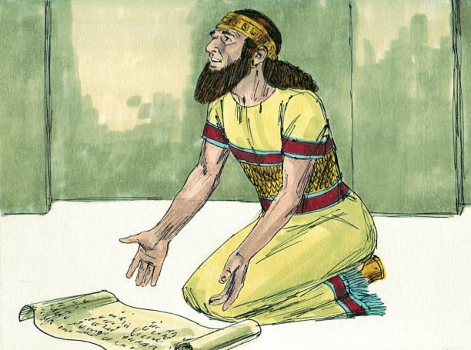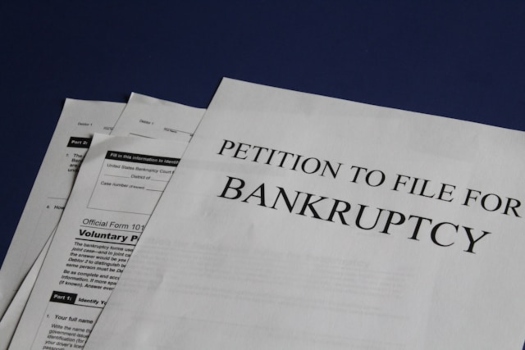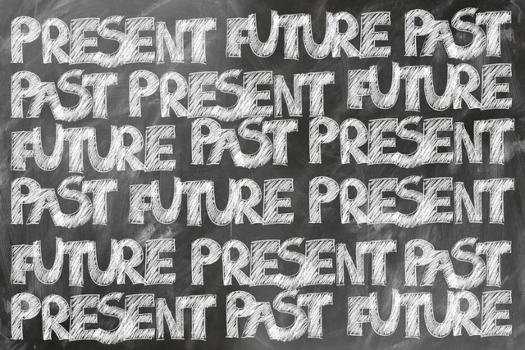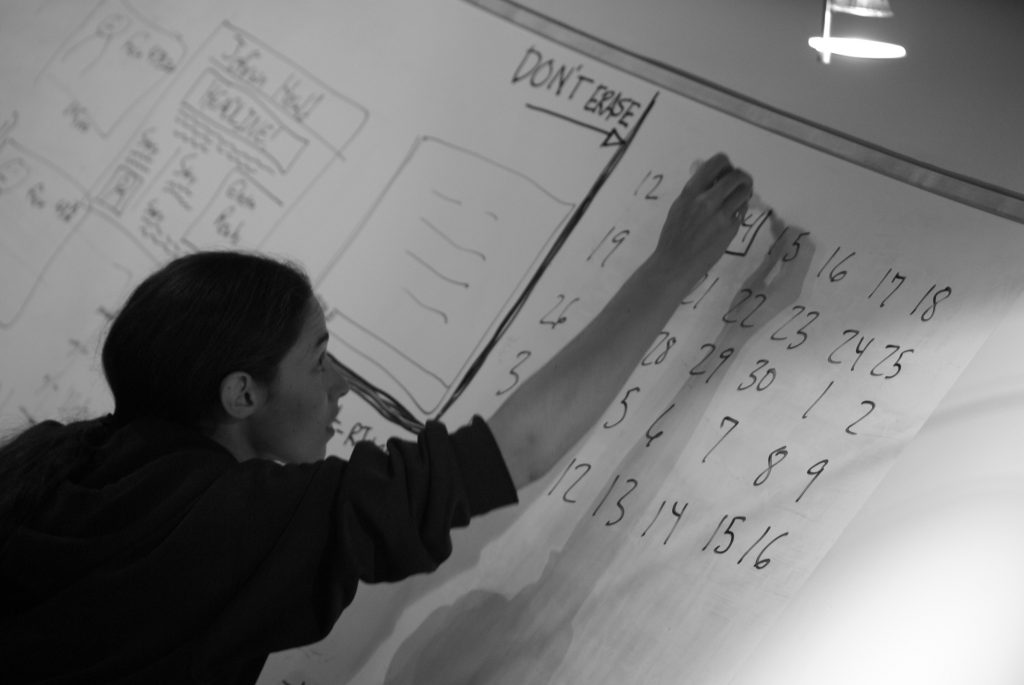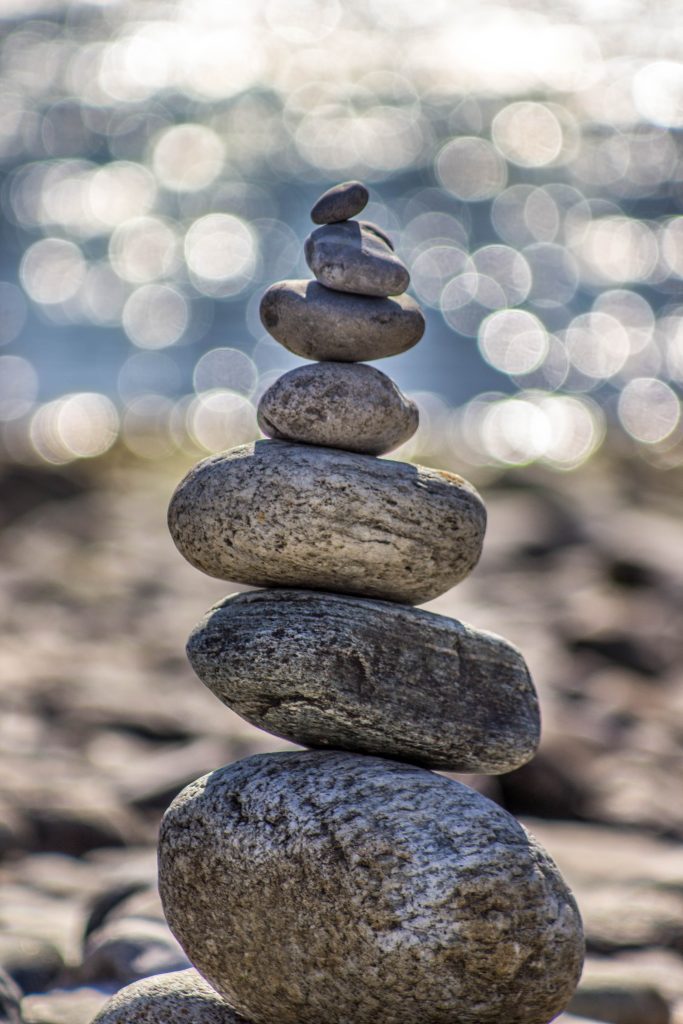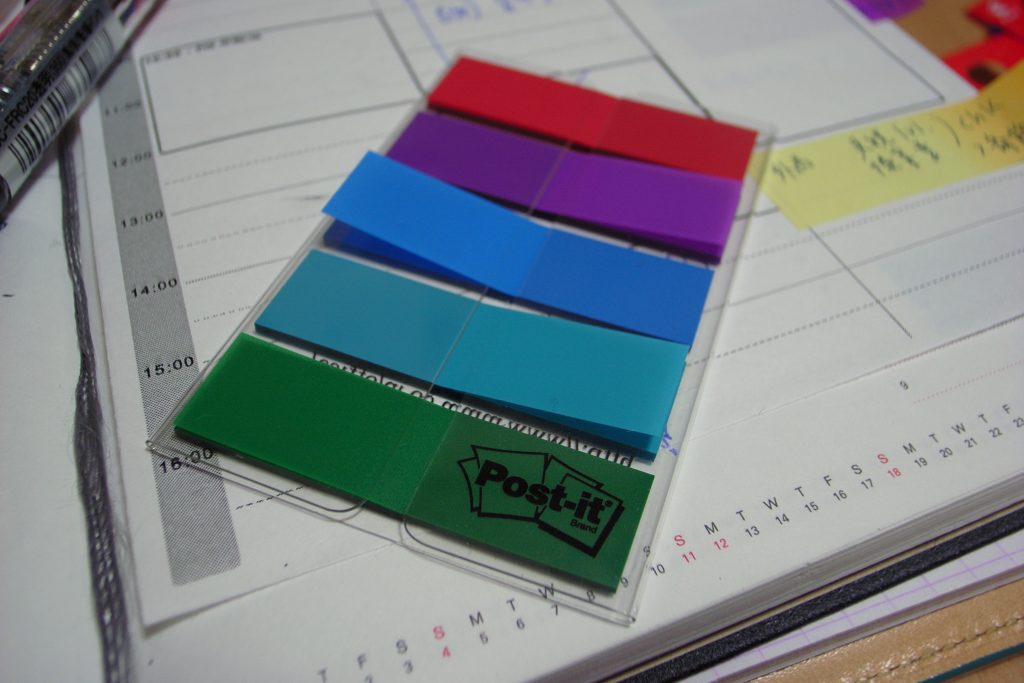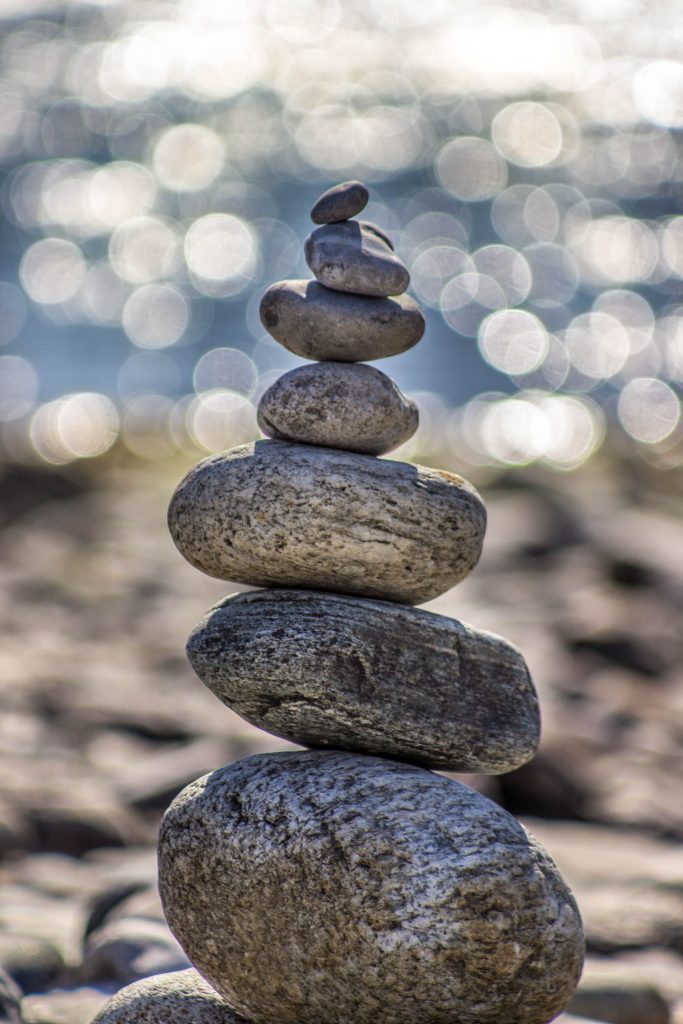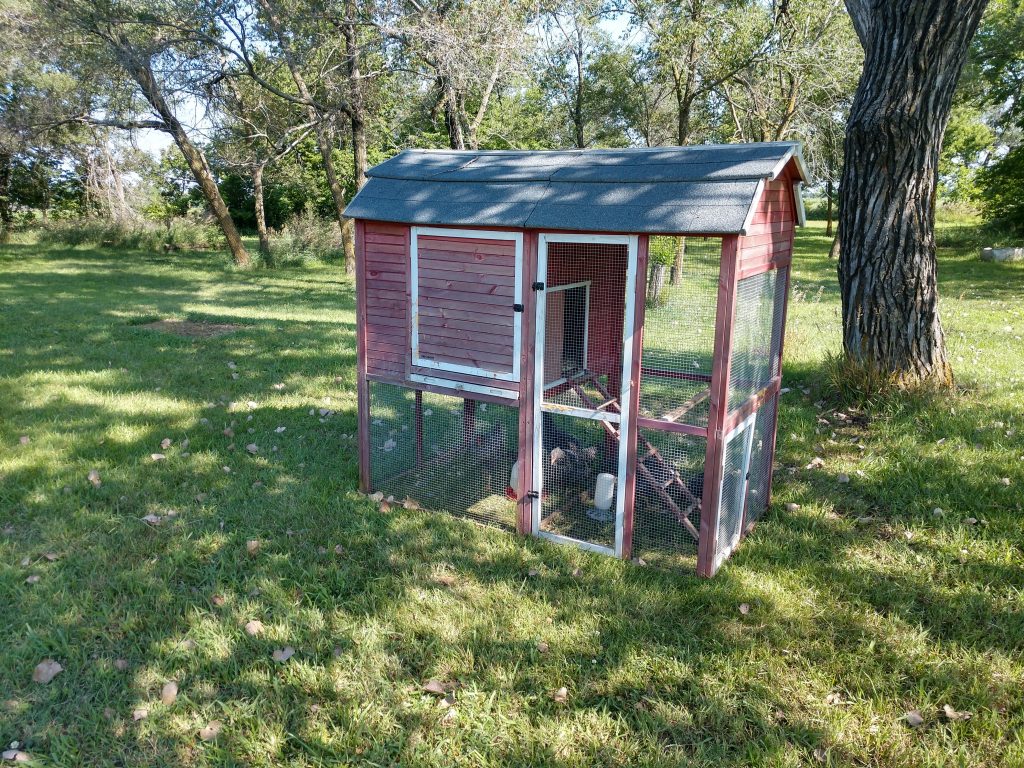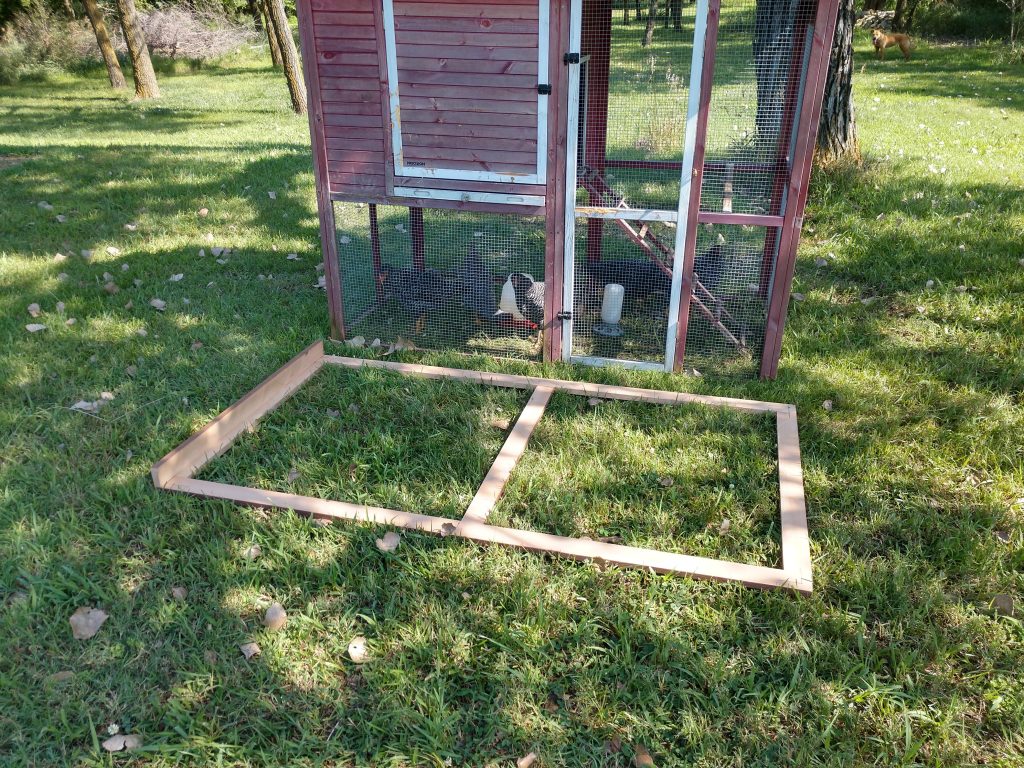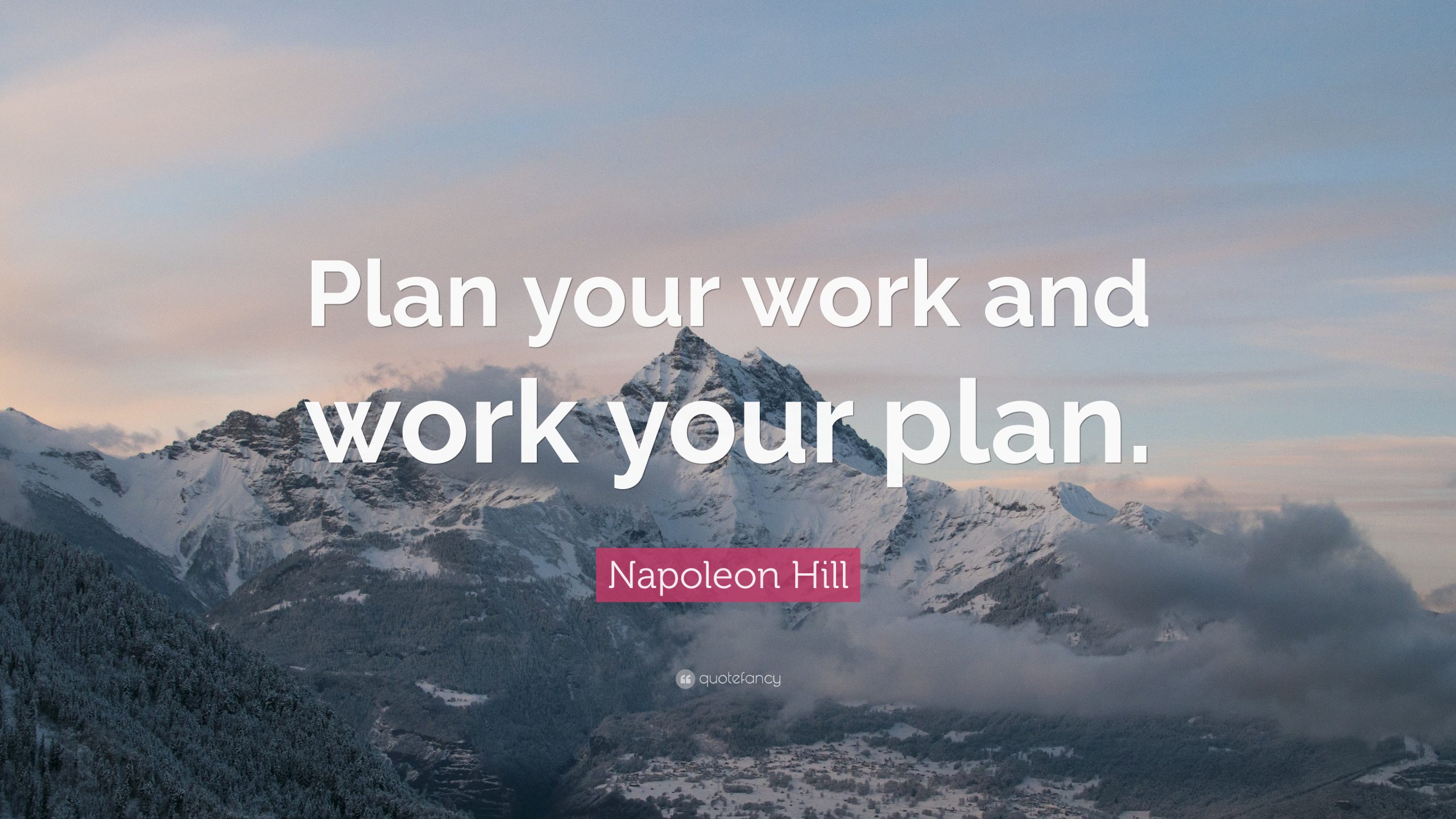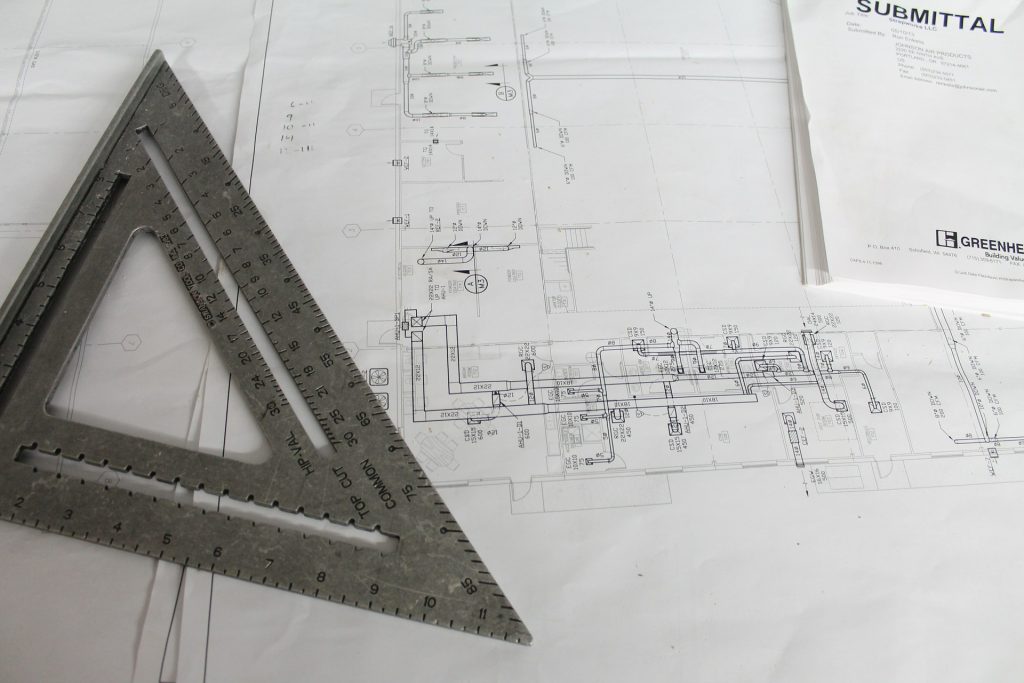This Seems Especially True for Construction
Change is the biggest issue that the construction industry faces. Why are people in construction so bullheaded? They are some of the most stubborn and headstrong people.

This starts at a young age. As children, we have fewer external experiences to draw from. This restricted resource limits our view. This is why young people think they already know everything.
This narrow perspective then becomes our standard and we see no reason to change.
I think this is why resistance to change is so prevalent in construction.
We’re like little kids that started out working for someone. We learned how they did things by watching them. This is why when we start our own construction business, we think we already know everything.
I was a dreamer at an early age. I had big ideas and plans for my life. A part of this dream was to have a big, successful construction company. I was going to build great things.
So, I worked for a few different self-employed contractors and then started my own construction company…
Because I already knew everything.
As I grew up and those dreams weren’t happening as I had envisioned…I became disillusioned. I gave up on those dreams and accepted that they were just that…dreams. This is when the grind of life sets in. It was disappointing to accept that this is all there is.
It was frustrating, just plodding along day after day feeling stuck with no way out.
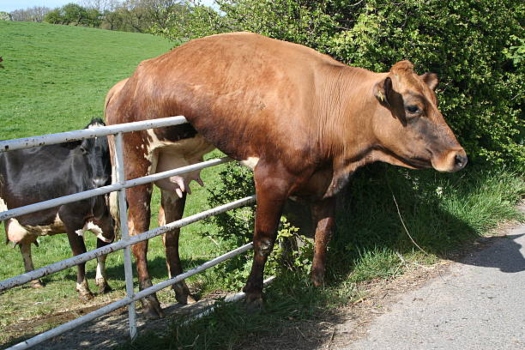
Then, one day I was smacked upside the head and had a life changing wake-up call.
In December of 2012, I was literally hit upside the head with a board among other things. We were installing wafer board boxing on the wall of a second-floor addition. I was standing on a plank approximately 8’ above the ground when…it broke.
Fortunately, I don’t remember any of this ordeal from the time I was measuring until I woke up in the hospital three days later.
Based on what I was told by the guys that were there when I fell, I hit my head on one of the ladders, then on the concrete slab, and then the board hit me on the head. It sure is good that I have a hard head. Seriously, I was fortunate that I came away from this accident with only a concussion.
The point of telling you this is that it caused me to reevaluate what I was doing and how I was doing it.
This incident made me aware that something was wrong and if things were going to change…I needed to change it. As I was looking to understand what was going on, I began to read. The more information I gathered, the more I learned about what needed to change.
One of the first books I read was The Traveler’s Gift by Andy Andrews. This book teaches seven fundamental decisions for creating a successful life. It gives you a front-row seat for a man’s journey that changes his life.
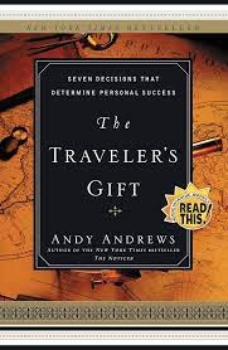
In the book, David Ponder lost his job and his will to live. He supernaturally travels throughout time visiting historical figures such as Abraham Lincoln, King Solomon, Anne Frank, and more.
Each visit yields a Decision for Success that will change his life if he implements them.
This book showed me that I, like David Ponder, had a choice.
Was I going to keep doing things the way I had been…or was I going to do something different?
I decided to change and do something different.
When we’re young we think we have all the time we need. There’s no need to think about the future…we’ll get around to that someday. Then, one day we wake up and realize life has flown by and we haven’t done the things we wanted to.
You don’t have to wait until you’re smacked in the head to make changes.
I made changes to my life and my business. People who knew me before and after can see the improvement.
Change is a choice, and you can choose to change.
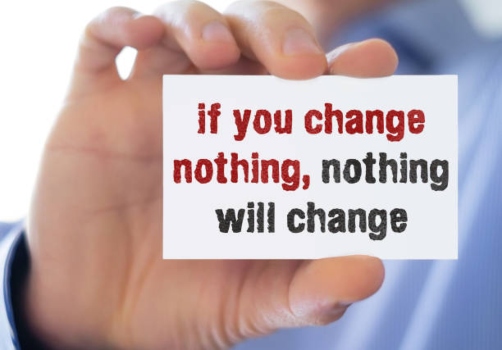
If you’re in construction and would like to learn more about some of the changes I made and how you can make those same changes, check out solutions for building a better construction business. You can also check out our business building tools and trainings or schedule a free 30-minute construction company consultation to learn more.

